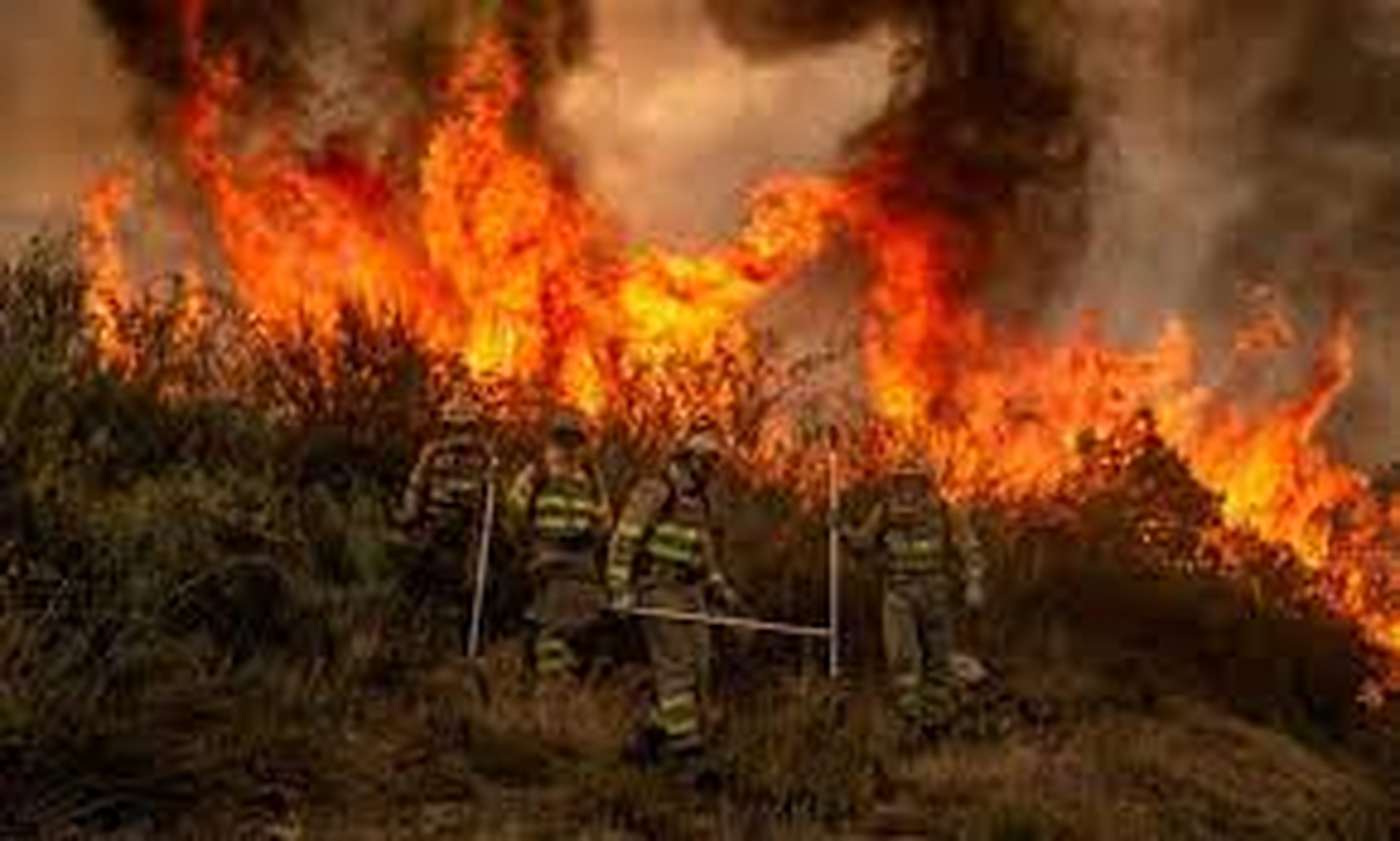In the course of fight the raging wildfire that have devastated parts of Turkey for days, a plane customized for dousing wildfires plunged into one of the fire on Saturday.
The plane belonged to Russia.
Ankara and Moscow announced that all eight people on the Russian plane had perished on the fire-fighting mission.
The air tragedy came just as Turkey was gaining control of hundreds of wildfires that killed eight people and destroyed swathes of forest along the scenic southern coast.
Scientists believe such natural disasters are becoming more intense and frequent because of global warming caused by polluting emissions.
Russian President Vladimir Putin sent condolences to his Turkish counterpart Recep Tayyip Erodgan saying “the pain of this loss unites us”.
Turkish Foreign Minister Mevlut Cavusoglu added, “Condolences to our nation and to the Russian people. This heroic sacrifice will not be forgotten.”
In Moscow, the defence ministry said five Russian servicemen and three Turkish citizens were on board the Russian Be-200 plane that went down around 1330 GMT.
Television footage showed a column of smoke rising from the remote mountainous zone in Turkey’s south.
Turkey’s defence ministry issued a statement saying the aircraft on loan from Russia had taken off from Adana to help extinguish fires burning in Kahramanmaras province.
A surveillance plane and a helicopter had been dispatched to the crash site, the ministry added.
Russian consular representatives and a defence ministry commission were reportedly on their way to the area.
On the floods front the official disaster agency AFAD said teams were combing through the rubble of dozens of homes that collapsed due to the floods that hit Black Sea regions on Wednesday after heavy rains.
In the village of Babacay in the northern province of Sinop, 40 houses and two bridges were completely destroyed by the floods, according to state news agency Anadolu.
The latest official death toll published Saturday by AFAD stood at 55, with nine other people in hospital.
Scientists believe such natural disasters are becoming more intense and frequent because of global warming caused by polluting emissions.
Turkey’s emergence as a frontline country in the battle against climate change also poses a challenge to Erdogan two years before the next scheduled general election.
As the initial shock of the floods faded, so questions and criticisms arose.
Floods survivors accused local authorities of not giving them proper warning about the dangers of incoming storms.
Criticism has also been levelled at the fact several buildings were built in flood zones.
In Bozkurt in Kastamonu province, one eight-storey building constructed on the banks of the Ezine river collapsed.
Footage shot by survivors showed furious river waters flooding the streets in just a few minutes, carrying off cars and traffic signs.
The government — which did not adopt the 2015 Paris climate accord — has denied that the sudden rise in water levels was linked to a hydro-electric power station further up the river. Media had reported a water-retention dam may have ruptured.
AFP

 Health1 week ago
Health1 week ago
 Latest2 days ago
Latest2 days ago
 Trends3 days ago
Trends3 days ago
 Crime1 week ago
Crime1 week ago
 Energy6 days ago
Energy6 days ago
 Latest1 week ago
Latest1 week ago
 Aviation1 week ago
Aviation1 week ago
 Latest1 week ago
Latest1 week ago

